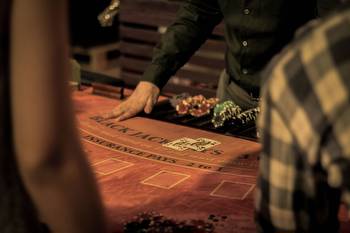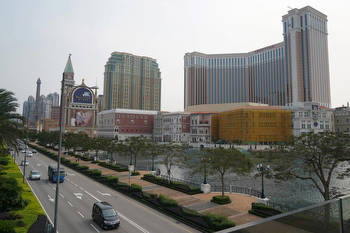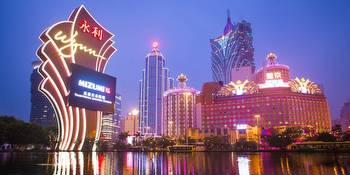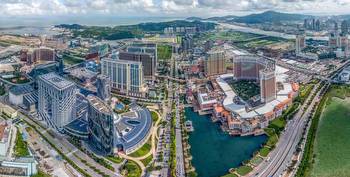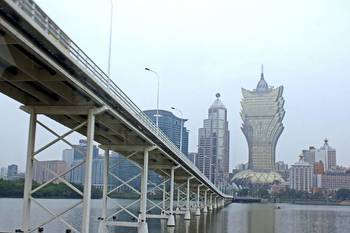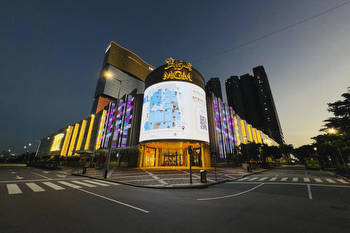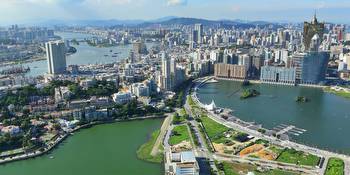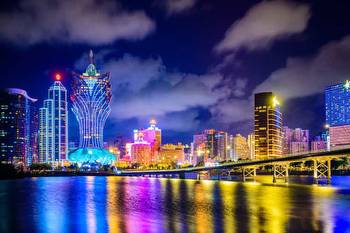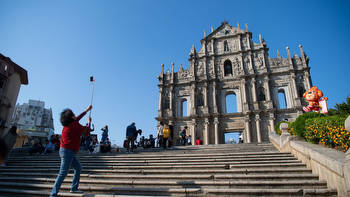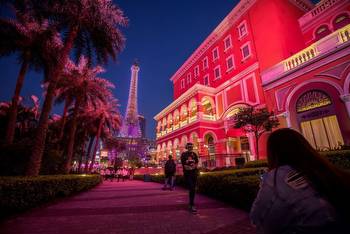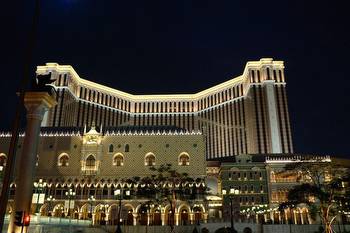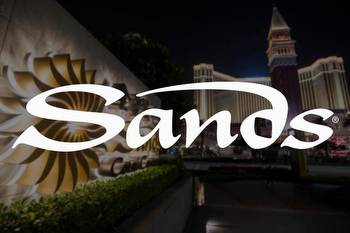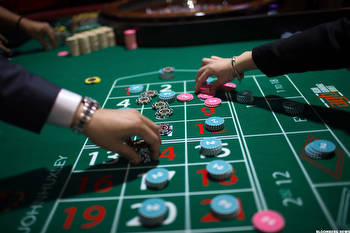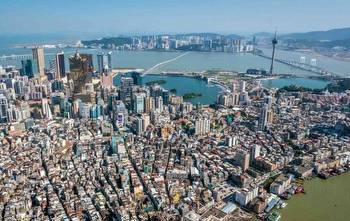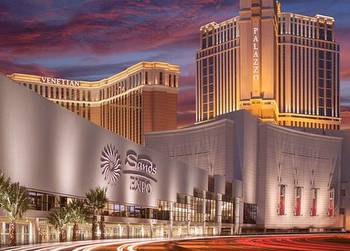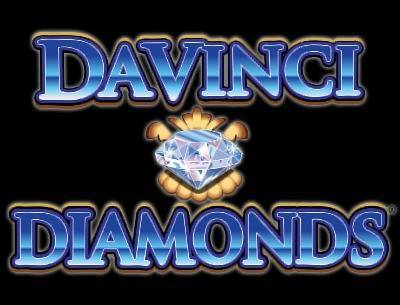Presence of Las Vegas Sands gave any partner in 2002 Macau casino license bid a competitive edge, court told

Las Vegas Sands (LVS) was viewed as a highly attractive option in helping promote Macau as a global tourism destination and therefore provided any potential partners with a competitive edge when it came to winning a casino license back in 2002, a Macau court has been told.
The comments, made by two members of the former Macau Casino Gaming Commission, were tendered to Macau’s Second Civil Court on the opening day of proceedings in a case that sees Asian American Entertainment Corporation (AAEC) seeking damages of around MOP$96.5 billion (US$12.1 billion) for alleged breach of contract after LVS exited their joint bid for a Macau casino license in 2002. LVS subsequently partnered with little-known Galaxy Entertainment Group to win one of the three licenses on offer.
As reported by Macau Business, former gaming commission member Maria Nazaré Saias Portela told the court this week that the commission believed LVS could play a leading role in transplanting the Las Vegas Strip’s successful integrated resort and MICE model into Macau.
“In consideration of the image [of Macau] and economic diversifications, any entities partnering with Venetian [LVS] would have a higher chance of getting the license at the time, as [LVS] had abundant experiences in resort management in the Las Vegas Strip, which could help change the structure of Macau gaming,” she said.
“This did not mean [the Commission] completely prioritised [LVS] but any party involving [LVS] had advantages.”
Although Galaxy has since gone on to become a hugely successful IR operator in its own right after splitting with LVS soon after they win a gaming concession, another member of the Commission – Eric Ho Hou Yin – explained that “the Galaxy bid was selected mostly because of [LVS] as Galaxy had no experiences in gaming [at the time] while [LVS] had.
“What Macau needed at the time was to enrich its tourism offerings to attract more travellers, thus spiking the economic recovery,” Ho said.
“Whether it was me or other members of the Commission, we thought [LVS] had a lot of expertise in the fields of resorts, MICE and others.”
Given that LVS had been tapped to manage casino and IR operations, both the original AAEC-LVS and the subsequent Galaxy-LVS bids were similar, Portela said.
AAEC first launched legal action against Las Vegas Sands Inc, Venetian Casino Resorts LLC, and Venetian Venture Development LLC in Nevada in 2007 but the case was dismissed in 2010 on the plaintiff’s failure to prosecute the case and to retain counsel.
The company subsequently filed a suit with the Tribunal Judicial de Base in January 2019 against Venetian Macau Ltd, Las Vegas Sands Nevada, Las Vegas Sands LLC and Venetian Casino seeking MOP$3 billion (US$375 million) in damages, before dramatically increasing the claim to MOP$96.5 billion six months later. AAEC said at the time that its revised figure covered lost profits for the period from 2004 to 2018 while reserving its right to also claim for profits through to the expiration of the LVS concession in 2022.
A report by Reuters last week said the claim amounted to around 70% of LVS profits achieved through its Macau concession in that time.








